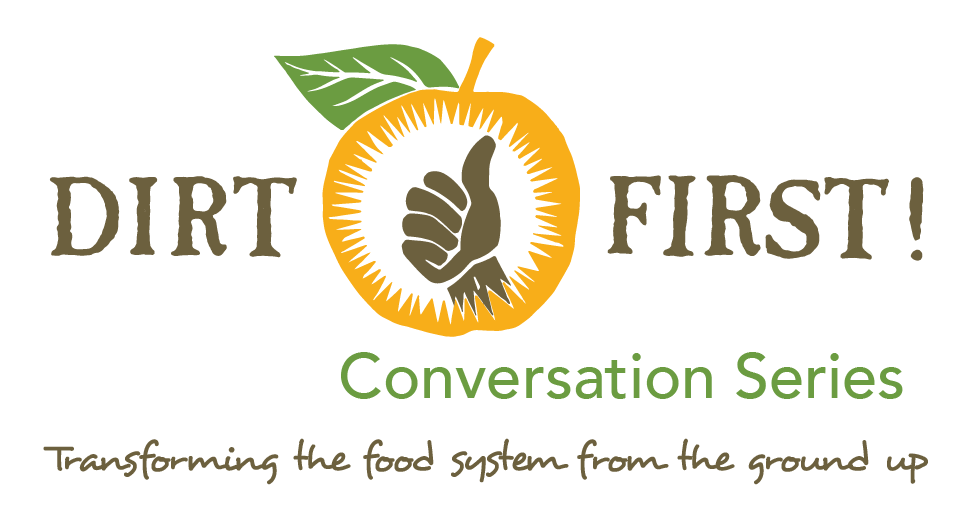

Explore how two leading national farm-to-institution organizations are incorporating racial equity and economic justice into their organizing and policy agendas. This webinar will delve into the model of the Center for Good Food Purchasing of which labor is at its core, and how the National Farm to School Network is seeking to build the capacity of Black, Indigenous, and farmers of color to successfully sell and distribute their products to schools.
Tuesday, September 7
12 - 1:30pm PT
Presenters:
Krystal Oriadha, National Farm to School Network

Krystal Oriadha is the Senior Director of Policy and Programs for the National Farm to School Network. In that role, she leads National Farm to School Network’s overall programming and policy activities. She has over 12 years of experience as a community advocate and policy around criminal justice reform, education reform, women's rights, LGBTQ rights, and food justice. She is the co-founder of PG Change Makers, a grassroots community based black-led and centered organization. She also currently serves as Vice President of Make Smart Cool and the Maldon Foundation. Krystal was awarded Daily Records Top 100 Women of Maryland in 2021, Innovation Funds 40 under 40 award for public services in 2019, and Howard University’s Move Maker award for outstanding alumni in 2019. She was also selected to serve on the 2019 Clinton Foundation’s 20|30 Leadership Council which serves as the foundations Junior Board. Krystal attended Howard University for her BBA in International Business and Amberton University for her MBA.
Laura Edwards-Orr, Center for Good Food Purchasing

Laura joined the Center for Good Food Purchasing as the Director of Institutional Impact in 2020 to help build the capacity of institutions to act as leaders in the good food movement. Previously, she was the Executive Director of Red Tomato—a Massachusetts-based food hub, focused on connecting a network of produce growers to diverse wholesale market outlets across Northeast. At Red Tomato, Laura was instrumental in developing rapid turn-around produce supply chains, achieving $5 million in gross sales, and building the organization’s capacity to serve the institutional market. In recognition for her leadership in the sector, Laura was named one of Fruit and Vegetable Growers 40 Under 40 in 2018. Prior to her eleven-year tenure at Red Tomato, Laura worked at Farm Aid where she ran their farm crisis hotline, managed a national grant program, and developed a web-based platform to reach farmers well ahead of a financial crisis and support their transition to market-responsive, good food production. Laura also serves as the Vice Chair of the National Farm to School Network advisory board and as a member of Farm to Institution New England’s network advisory council. She holds a Bachelor of Arts in Italian and Art History from Bard College and lives outside of Providence, Rhode Island with her husband, two children, dog, two cats, and a pony named Schmidt.
Tim Galarneau, University of California Santa Cruz | Center for Agroecology and Sustainable Food Systems (CASFS)

Tim works as a Specialist for the University of California, at CASFS, focusing on farm to institution, social justice, and student education. He actively supports regional, statewide, and national efforts that intersect with food, social equity, and community development. Mr. Galarneau is a co-chair to the UC system-wide Basic Needs Initiative. In addition, he is a board advisor to the national movement non-profit, Real Food Generation, advancing a student driven higher education effort to address systemic inequality in the food system. Tim has worked across farm to school, higher ed, and medical centers engaging producers and community partners in policy and designs to advance a more just and sustainable food system. Tim received his B.A. in Community Studies (with an emphasis and agroecology and social justice) and Intensive Psychology, while his M.S. focused in Food Systems and Society examining how social justice is constructed in public and philanthropic food systems programs and endeavors.

